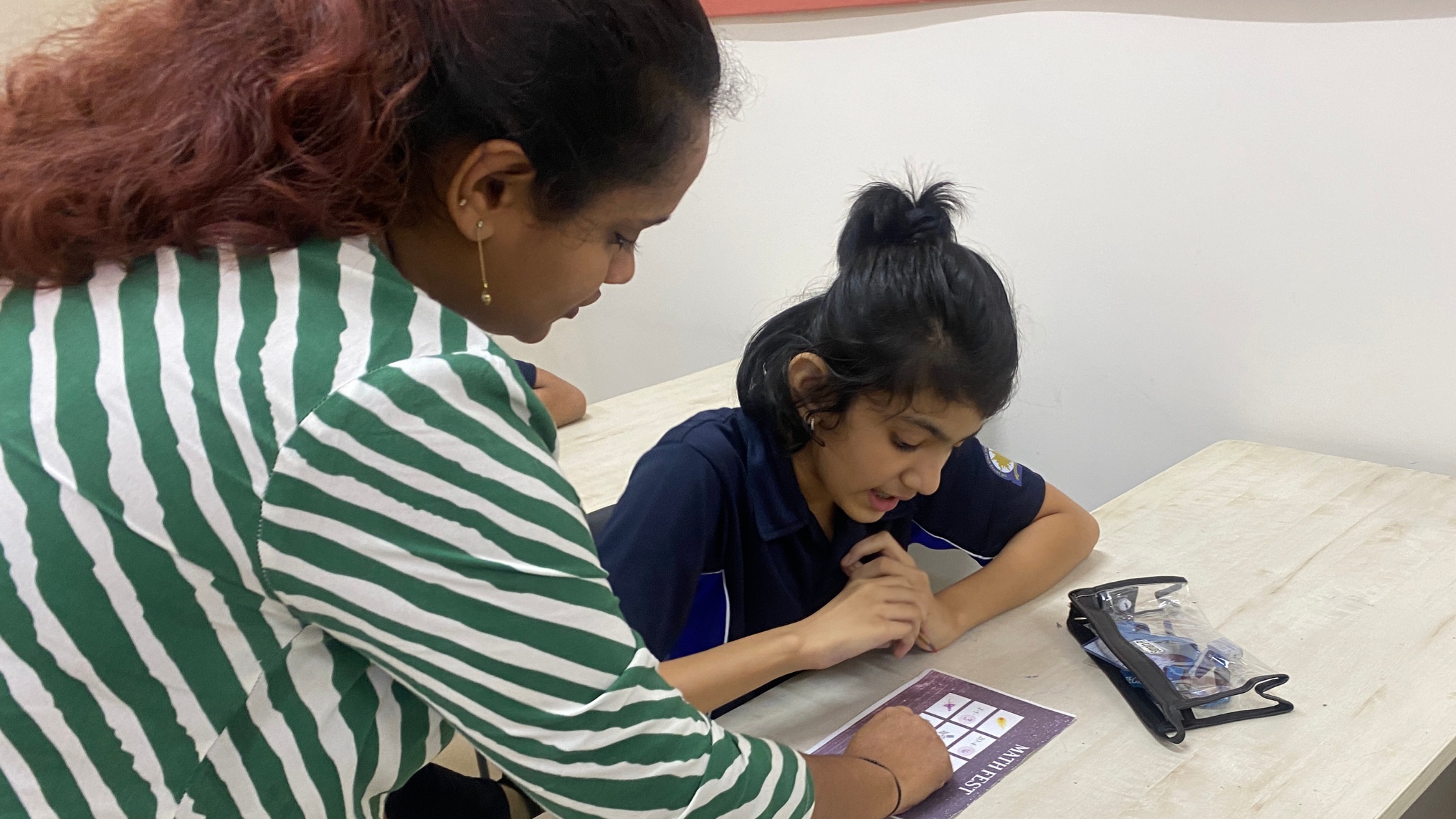

Every child
is unique and special. Whereas, some may require extra support to navigate
their everyday activities.
These children face certain challenges that may require additional assistance in school and at home. A Special needs child cannot advocate for themselves. Parents need to play a crucial role in advocating for their child to ensure they receive the necessary and appropriate guidance and support they require to help them achieve their goals to their full potential. Parents are always their children's best advocates. Parents understand their children best and are often the first to know that a challenge won't go away on its own without intervention. Parents can make a meaningful difference.
1. Know your special child’s needs:
Understand
their strengths, challenges and their learning
patterns.
In this way you will be able to cater to their needs constructively and effectively. Thereby providing them with timely, appropriate and well-planned services and accommodation.
Parents need to educate themselves to understand their child’s disability. They need to attend regular and timely sessions with their child’s doctor, therapists, special educators and all those who are actively involved with their child. Many resources are available to support parents of special needs children. Parents can seek support to know more and keep themselves updated by joining support groups, parent training programs and websites.
Rights and laws enable the special needs child to receive the services they are entitled to under the law. Parents need to be aware of the rights like the Individuals with Disabilities Education Act (IDEA), free and appropriate public education and services (FAPE). The goal and motive should be to educate the children with special needs, to make them productive individuals in society. A child with a disability has the right to live a full and decent life with dignity, independence and to play an active part in the community. This in turn will make them recognize their self worth and help them live an independent life.
There are other
parents who are going through the same situation.
Connecting with
other parents of children with
disabilities can help you establish a strong support system
for yourself and your child. This can go a long way in keeping yourself
mentally strong and emotionally stable, which in turn could help you give your
best for your child. Having a support system in place will enable parents to
overcome challenges while advocating for your child as they provide guidance
and support throughout the process.
Build
a strong and positive partnership with the child’s teachers, special education
staff, and school administrators.
Always
work in collaboration to cater to the needs of your child. Parents need to be
clear and assertive in their communication
with the school . Remember to be respectful and open to constructive
feedback for the overall progress of your child.
The process of requesting an IEP evaluation can be overwhelming and confusing. However, if parents feel that their child is facing some challenges causing a hindrance to his or her overall progress and development, it is important to request for evaluations to provide your child with the support and resources they need to succeed in their education. Parents need to contact their child’s school and ask to speak with the special education coordinator or another member of the school’s special education team.
It is a program created to cater to the learning accommodations that empower the special needs child to benefit from their time spent in school. Hence, child specific goals are designed. This tool is great when advocating for your child’s education. Parents and teachers need to work together to help the child achieve his maximum potential. Parents need to be actively involved to ensure their child receives the education services they are entitled to.
Know more about special education school in Mumbai.
Parents may have an extremely erratic work / life schedule . It may be extremely difficult to keep monitoring every step. So, parents will need to work out flexible schedules to help them organise their special child’s overall development needs. They will need to regularly review their child's progress and academic performance. They need to schedule meetings to address issues that are concerning. Monitoring and gathering information about their child’s progress towards specified objectives are necessary to document skill acquisition and to determine if interventions are actually helping their child learn. This will ensure their special needs child gets the support and services he/she needs.
Taking care of oneself is very crucial. You can only cater to your child’s needs if you are well in all aspects. You can only be effective if you do what you must for your well-being. Enrol yourself in sports, hobbies, learning new skills and groom yourself, pamper yourself, eat right and healthy, go on a short trip, love what you do and yourself, get adequate sleep and rest because you need to take care of yourself first before you can take care of your child. Then, when you’re at your best, you’ll be able to fight for what your special child needs and deserves.
You will grow old and so will your child with his or
her special needs. It is therefore important to plan keeping in mind what is
best for them when you are no more.
Make a will for their financial support, create a trust to manage the monetary or property aspect, prepare a power of attorney giving legal authority to a trustworthy person to make decisions for your special child in case you are not able to or if you are no longer there in their lives. This way you are safeguarding your special child’s future in the best possible way you can.
Remember, you are your chiild's special friend and you know best what's best for your special needs child. There is no perfect solution of policy to advocate for your special needs's child. you. You can give your best and the rest will happen in the way it planned to happen.